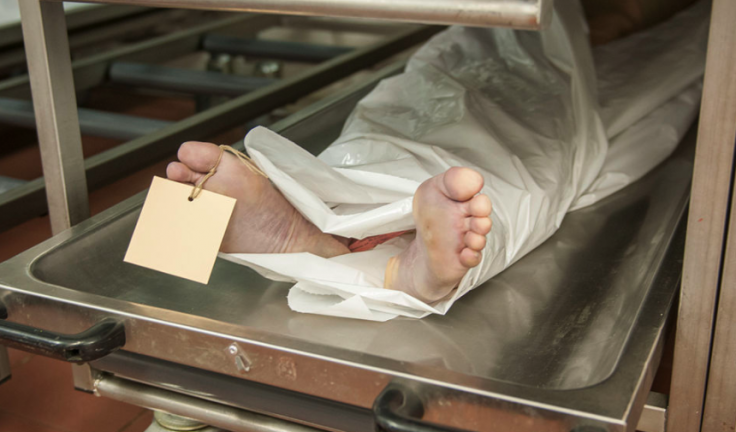A new analysis by Public Health England (PHE) has revealed that people with learning disabilities were up to six times more likely to die from COVID-19 during the first wave of the pandemic in the UK. The report also showed that the death rate for those with such difficulties was 30 times higher in the age group between 18 and 34.
As per the charity Mencap, the government has failed to protect those people who are already experiencing health inequalities. Helen Whately, UK Social Care Minister, has announced a review of the findings.
Study Findings
The analysis was based on deaths between March 21 and June 5. The study found that 451 per 100,000 people registered with a learning disability had died due to Coronavirus infection during that period. The researchers estimated that the numbers could be as high as 692 per 100,000—more than six times higher than the general population.
The study also suggests that the huge disparity could be because those who have learning disabilities are more likely to have diabetes and prone to obesity, which can increase the risk of novel Coronavirus caused deaths.

As per Professor John Newton, PHE's director of health improvement, action needs to be taken to prevent this from happening again. "It is deeply troubling that one of the most vulnerable groups in our society suffered so much during the first wave of the pandemic," he said.
Prof Newton also added that it is now essential to practice "rigorous infection control if you are in contact with someone with a learning disability, whether or not they live in a care home". The report noted that a third of those individuals who died with such disability during the first wave in the country were living in residential care.
Dan Scorer, head of policy at the learning disability charity Mencap also criticized the Boris Johnson government saying that it has failed to protect a group who already experienced serious health inequalities. "Decades of under-investment in social care has left most people with a learning disability with no support to understand ever-changing guidance on staying safe and accessing testing," he added.
Adam Brown was one of those victims of COVID-19. The 30-year-old with a learning disability had developed Coronavirus infection symptoms at the beginning of March. But he wasn't tested until he was admitted to the hospital. He died on April 29. After his demise, when his sister read the recent report she said, "hearing and reading reports like this doesn't surprise me, it saddens me but it's not surprising. People like Adam, people who don't have their own voices to speak for themselves are just left, kept in the dark, disregarded."

What Should be Done?
As of now, the UK has reported more than 1,293,700 Coronavirus cases and over 51,000 COVID-19 related deaths. As per recent reports, the country reported a record 33,470 cases in the last 24 hours on Thursday, November 12, while deaths also rose by 563, while the government continues to struggle in controlling a fresh spike in cases.
The newly published study highlighted that some specific issues, like Down's Syndrome, can make individuals more vulnerable to respiratory infections and the government recently added adults with such conditions to the "clinically extremely vulnerable" list of the government.
Since many people with Down Syndrome died from Covid-19 were living in a care home, the Down's Syndrome Association suggested that priority should be given to measures to prevent the spread of the virus "in these settings, including regular testing of care staff".









